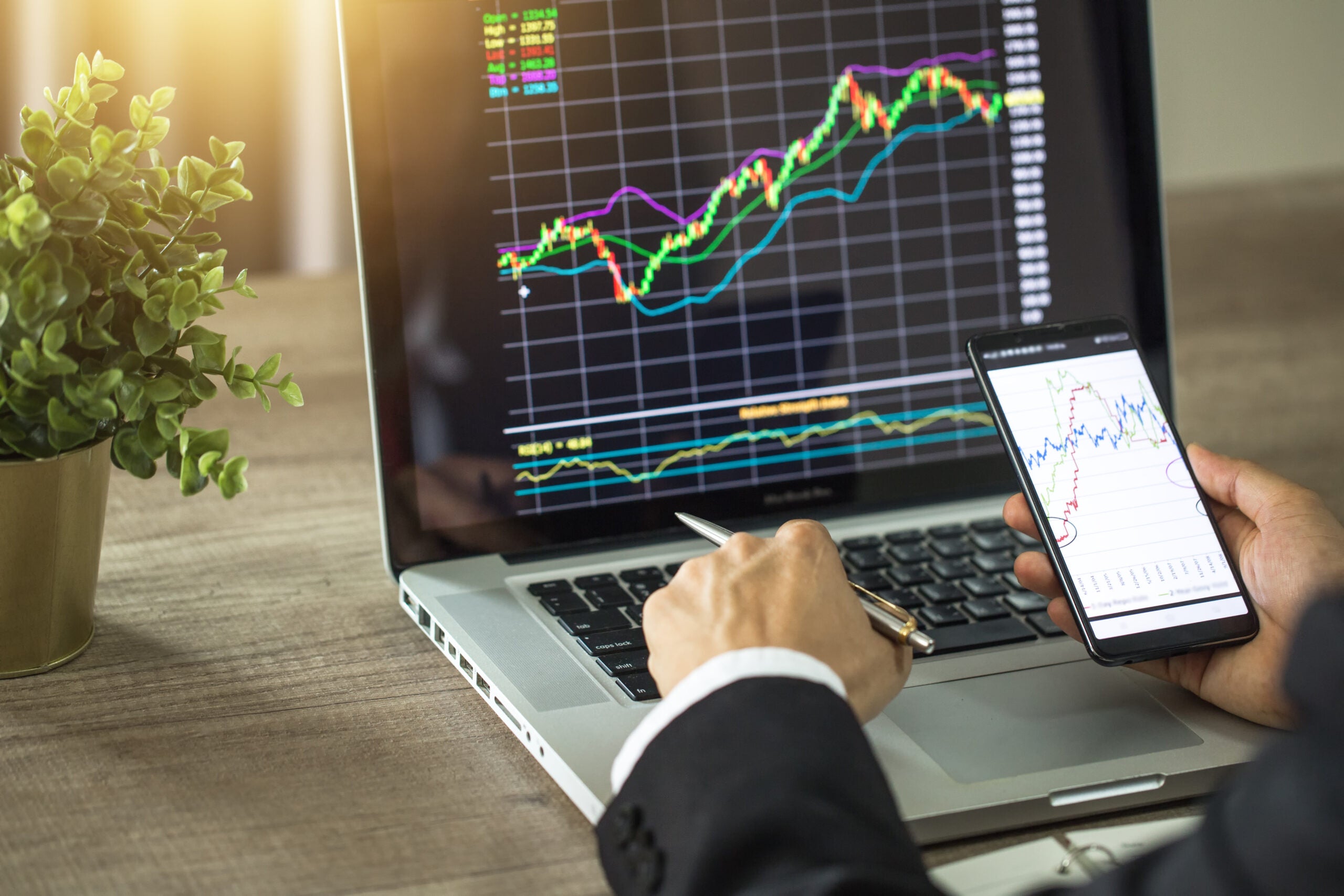
The allure of currency trading, also known as Forex trading, lies in its accessibility, liquidity, and vast profit potential. Forex trading allows individuals to enter and participate in the global foreign exchange market, where currencies are traded. However, the dream of making fortunes in Forex and success in currency trading can quickly dissipate without a clear strategy or understanding of the market dynamics.
This article aims to assist aspiring traders, investment beginners, and financial enthusiasts in navigating the world’s most voluminous financial market. By providing insights, tips, and strategies, this guide empowers individuals to make informed decisions and pivot confidently in their Forex trading endeavors.
Delving into Forex trading
Forex, short for foreign exchange, involves the buying and selling currencies on a decentralized global market. This market epitomizes high-paced financial trading, with over $6 trillion in average daily turnover. Due to its 24-hour cycle, traders can participate in currency exchange activities at any given time, making Forex notably appealing to those individuals seeking flexible trading hours that align with their schedules. It is essential to highlight that Forex trading does not involve physical exchanges; all transactions occur electronically over-the-counter (OTC), reflecting this financial market’s modern and efficient nature.
Factors driving the Forex market
The Forex market’s fluctuations are influenced by many factors contributing to its dynamic nature. Economic data, such as GDP growth, inflation rates, and employment figures, are pivotal in shaping currency values. Countries with robust financial performance often witness their currencies strengthen against those of weaker economies.
Political events can significantly impact currency prices. Changes in government policies or national unrest can lead to fluctuations in currency values. For instance, a nation facing political instability may see its currency depreciate due to a loss of investor confidence.
Market sentiment is a crucial driver in the Forex market. The perception of traders and investors towards a particular currency can sway its value. Positive market sentiment can propel a currency’s price, whereas negative sentiment can trigger a decline in value. Comprehending these interconnected factors and their implications is vital in formulating a successful Forex trading strategy.
Building a Forex trading strategy
A common misconception about Forex trading is that it is a quick and easy way to make money. Successful trading requires discipline, patience, and a well-defined strategy. Here are some critical steps to help you build your own Forex trading strategy:
Understand your risk tolerance
Before jumping into Forex trading, it is essential to assess your risk tolerance, which refers to the risk you are willing to take with your investments. A higher risk tolerance means you are comfortable with the potential for higher returns and a greater chance of losses. On the other hand, a lower risk tolerance may mean more conservative trading strategies. Knowing your risk appetite can help you determine the right approach for your trading style.
Educate yourself on technical and fundamental analysis
Technical analysis involves studying past market data, like price charts, to correctly predict patterns and future price movements. Fundamental analysis examines economic data, news, and events that may impact currency prices. Having a good understanding of both approaches can help you make informed trading decisions.
Use a reputable broker
Choosing a reliable and trustworthy broker is crucial in Forex trading. Brokers act as intermediaries between traders and the market, providing access to tradable instruments and executing trades on behalf of their clients. The best forex-managed accounts can give professional advice, advanced trading tools, and secure platforms to help you succeed in the market. Conduct regular and thorough research and choose a broker with competitive pricing and excellent customer support.
Practice with a demo account
Most online brokers provide demo accounts that offer traders a risk-free environment to practice trading. These accounts help beginners experiment with various strategies, gain insights into market dynamics, and build confidence before transitioning to live trading with real capital. It’s a valuable stepping stone for newcomers to the trading world, allowing them to refine their skills and become more proficient traders.
Develop a risk management plan
A solid risk management plan is critical for mitigating potential losses and safeguarding your trading capital. It encompasses strategies such as implementing stop-loss orders, which trigger trade closure upon reaching a predetermined loss threshold. Additionally, prudently restricting the capital allocated to each trade plays a crucial role in managing risk effectively.
Keep track of your trades
Keeping a record of all your trades is vital to provide valuable insights into your trading performance. By meticulously tracking your trades, you can analyze your successes and shortcomings and pinpoint specific areas for improvement. Regularly reviewing your trading history allows you to identify patterns, trends, and potential mistakes that might impede your progress.
The future of Forex trading
Thanks to technological advancements like AI and internet connectivity, the Forex market has evolved significantly in recent years. This trend will likely continue, increasing accessibility and convenience for traders worldwide. With the rise of automated trading software and artificial intelligence, it’s becoming easier for individuals to enter the forex market without extensive knowledge or experience.
Understanding the market and a solid trading strategy is essential to succeed in this dynamic and ever-changing industry. As technology advances, staying informed and adapting to new developments in the Forex market is crucial for continued success.
The bottom line
Forex trading can be profitable but requires discipline, patience, and a well-defined strategy. By understanding the market dynamics, assessing your risk tolerance, and continuously educating yourself, you can build a sustainable approach to Forex trading and increase your chances of success. Always practice risk management and constantly review your trades to improve your trading skills.
Editor’s Note: Any financial information or opinions contained in this article are the author’s own and do not represent endorsement or support of any products, services, or strategies by SmallBizClub.com.
1084 Views













